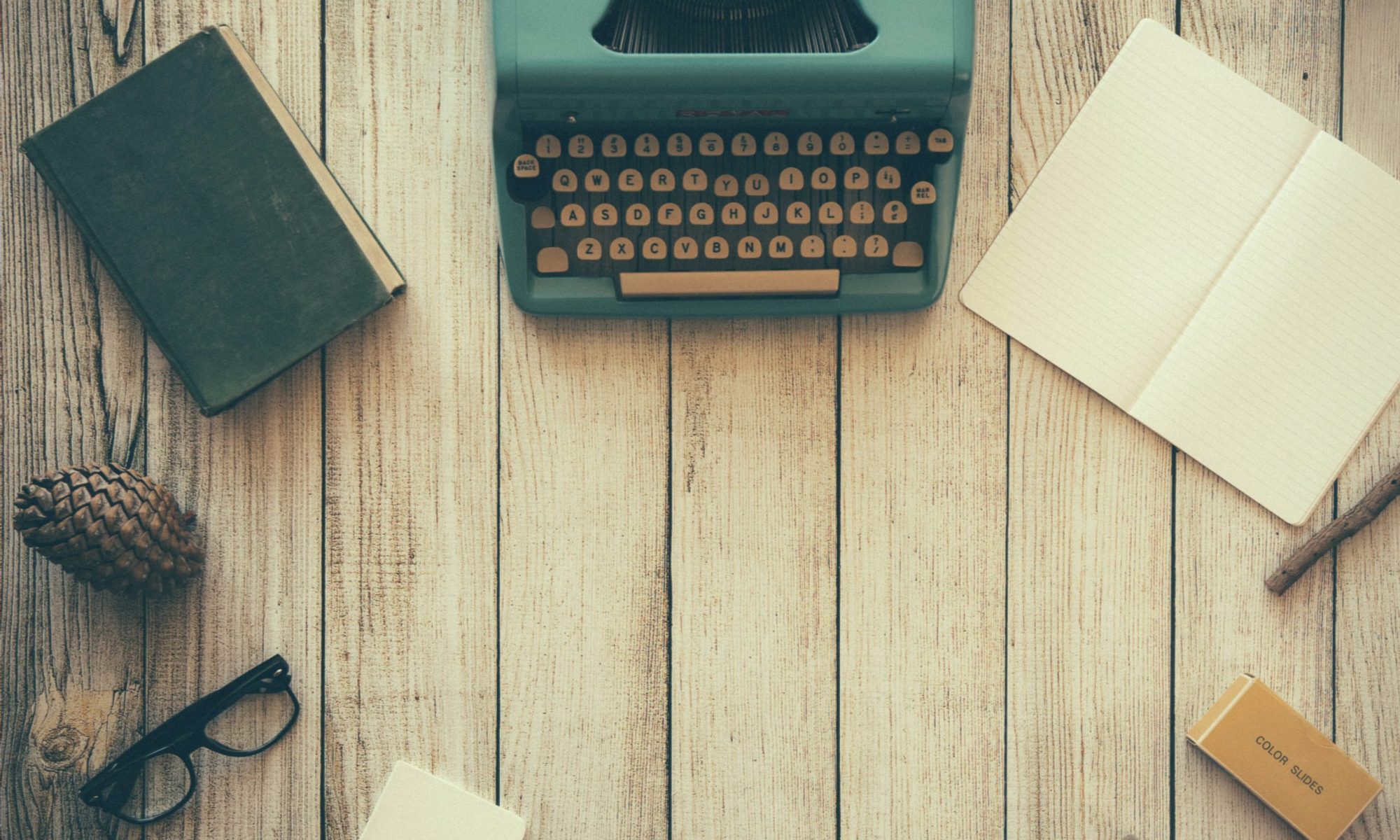Here are some common questions related to copyright and fair use. If you have additional questions, contact the Scholarly Communication Team.
What is copyright?
Established in the Constitution, copyright automatically gives the creator of an original work, at the moment of creation, the exclusive rights to reproduce, adapt, publish, perform, and display that work. See our Copyright page for additional information.
What is fair use?
Built into copyright law (17 USC § 107), fair use allows the unlicensed use of copyright-protected works in certain circumstances, often within the scope of criticism, comment, news reporting, teaching, scholarship, and research. There is no set formula for determining it, but you must engage in a four factor fair use analysis when evaluating if you can reuse copyrighted material under fair use.
What is not covered by copyright?
Copyright does not protect facts, ideas, systems, or methods of operation, although it may protect the way these things are expressed. Keep in mind trademarks and patents may also apply. See Creative Common’s list of 5 things not covered by copyright.
Do I need permission to use copyrighted material in an educational setting?
Performance or display of a work in the course of face-to-face teaching activities at a non-profit educational institution, as well some instances in online courses, is permitted under Section 110 of the Copyright law. Fair Use may also apply.
For more information, see our Copyright and Course Materials FAQ. You can also visit the Office of University Counsel’s Guidelines for Instructors for Using Copyrighted Materials. For questions about where you can use something, see page 2; questions about using a specific type of work, see page 4; or questions about what purpose you can use something for, see page 7.
When does copyright expire?
Works created on or after January 1, 1978 are protected for the life of the author plus 70 years. See Cornell’s Copyright Term and the Public Domain guide or the American Library Association’s Copyright Slider for assistance determining when copyright expires on different types of works. In addition, Stanford’s Copyright Renewal Database provides information about books published in the US between 1923 and 1963. Read more about the public domain.
Does Tufts own the copyright on my academic work?
According to the Tufts Policy on Rights and Responsibilities with Respect to Intellectual Property, students generally own the copyright to their academic work, e.g., class papers, theses, dissertations, creative works, etc. In some circumstances, students grant the University, the right to display the work.
How do I get permission to reuse someone else’s work?
Many published works contain a link from their own website to request permissions (link may say “Get rights,” “Permissions,” “Reprints,” or similar). You may need to set up an account with the Copyright Clearance Center to complete the request. Read more about Copyright Permissions.
If material is under copyright and not available from Tufts Libraries, can I still put it on course reserve?
If there is no license for reuse, fair use may still apply. However, if fair use does not apply, request permission from the copyright holder in order to reuse the material. Read more FAQs on Copyright and Course Materials.
How is plagiarism different from copyright infringement?
Plagiarism is primarily concerned with attribution, whereas copyright infringement is about using materials without permission when permission is needed. Properly crediting the source is always best practice and sometimes necessary to avoid plagiarism, but does not absolve you from permission requirements.
What is Creative Commons?
Creative Commons licenses are a standardized way for a copyright holder to grant permissions to reuse their work. Depending on the license applied by the copyright holder, others may be able to copy, distribute, edit, and/or remix the content, without requesting permission on an individual basis. Read more about Creative Commons.
